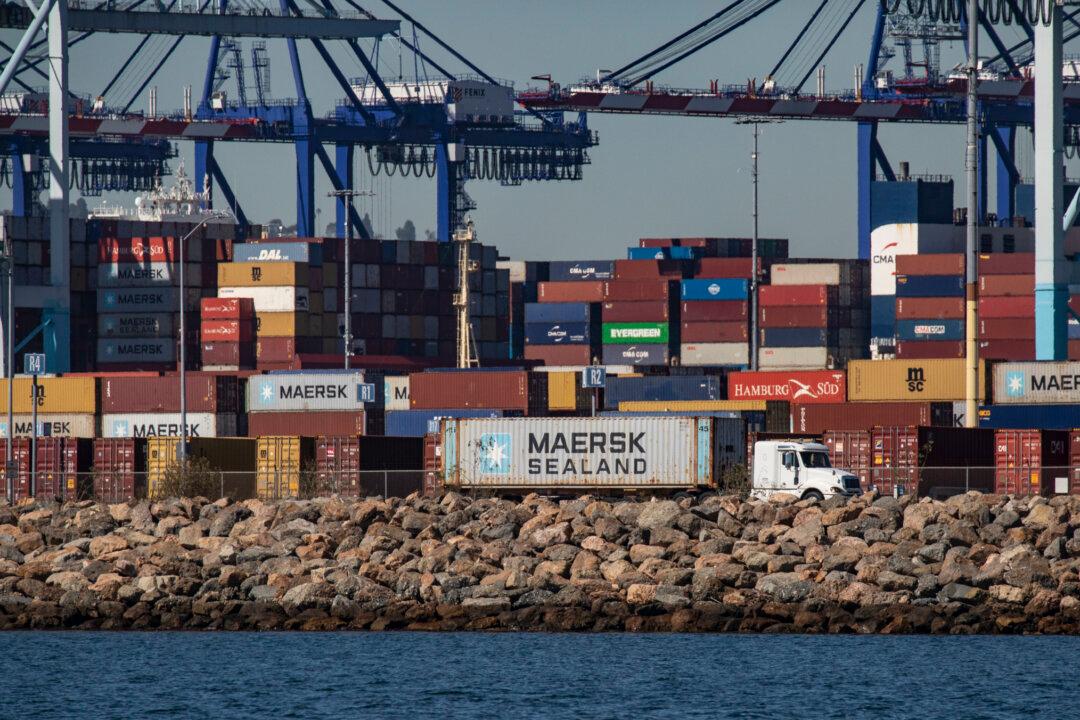Government officials and food producers sounded the alarm this week over the continuing supply chain snarl, saying many American exporters are unable to get their products to Asia and other markets.
“This difficulty is definitely creating long-term market share loss for U.S. products, and I think that’s important for everyone to recognize,” Andrew Hwang of the Port of Oakland, which exports the majority of agricultural products in California, told a group of industry leaders, agricultural and port authorities and elected officials during a Jan. 31 webinar.





